Legal accessibility among the Visegrad countries
Forum and conference within the framework of the Hungarian V4 Presidency
Forum and conference within the framework of the Hungarian V4 Presidency
The conference is financed by the Hungarian Ministry of Justice
within the framework of the CESCI’s Legal accessibility initiative.

During the recent years, attention paid to the obstacles stemming from the lack of legal harmonisation in the EU has been increasing. Although, the scope of acquis communautaire permanently broadens and the new regulations are included in the national legislation, experiences show that due to the differences between the national administrative systems and the legal background numerous legal obstacles make difficult the border citizens’ everyday lives and the success of cross-border cooperation.
In Hungary, CESCI implemented the first Legal accessibility project, in 2016, with the support of the Ministry of Justice. The project was successfully accomplished: the CESCI team unfolded the background of 39 legal-administrative obstacle and made recommendations on their solution, based on 10 stakeholder workshops, more than 30 interviews, a compilation of European best practices and the analysis of nearly 250 legal documents. The documentation of nearly 600 pages has prioritised four fields of interest (namely: cross-border mobility, health care, cross-border labour mobility and short supply chains – local products) and discussed also two horizontal issues which may facilitate the systematic (non ad-hoc) management of obstacles: one was about the potential institutional background of legal accessibiliity, while the other addressed the elimination of lack of information.
Since the completion of the first project, the Ministry of Justice has been supporting CESCI’s activities dealing with the obstacles and their elimination, every year. Within the framework of the milestones of the initiative, several sectoral legal and administrative challenges have been identified, and proposals have been made in order to provide solutions therefor, from cross-border movement of ambulance cars, through cross-border retail of local products to information provision facilitating the management of everyday problems. Apart from the concrete legal challenges, CESCI has also been working on the development of mechanisms and solutions which make the occurance and resolution of similar obstacles manageable.
In 2018 and 2019, with the support of the International Visegrad Fund and with the involvement of the experts of the four countries, a V4 level project aiming to develop a joint mechanism for the elimination of legal obstacles between the partner countries, was implemented. The four countries’ experts used the model of the Freedom of Movement Council of the Nordic Council of Ministers as a basis for a proposal targeting the establishment of a platform adapted to the legislative procedures and economic-social-political circumstances of the Visegrad countries.
Within the framework of the 2021 Legal accessibility project, CESCI plans to organise a forum and international conference in the autumn of 2021, under the umbrella of the Hungarian V4 presidency. The main aim of the event is to popularise both the systematic analysis and elimination of border obstacles among the Visegrad countries, and the relevant EU policy initiatives taken in this field.
The agenda of the two-day event includes a forum and a conference.
Translation is available to English and Hungarian.
The forum, whose form is a round-table discussion will be held on 14 September, from 3pm to 5.30pm. The moderated discussion will discuss the Visegrad cooperation, the integration of border areas, the regional connections and the obstacles making difficult the realisation of the above topics.
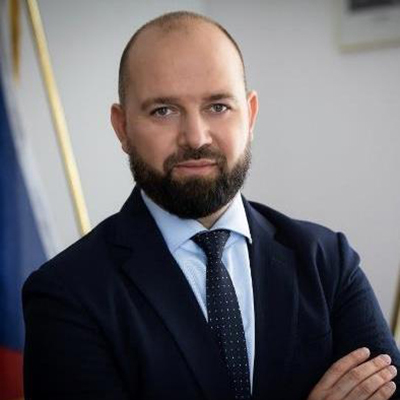
Ambassador of the Czech Republic

Ambassador of Poland
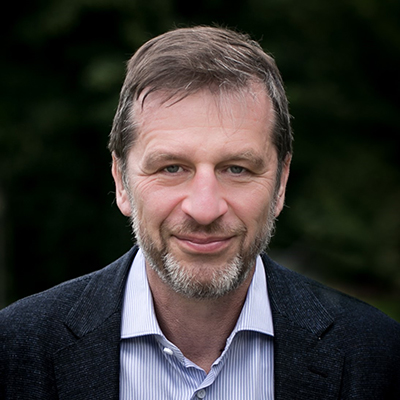
Director, European Commission, DG REGIO
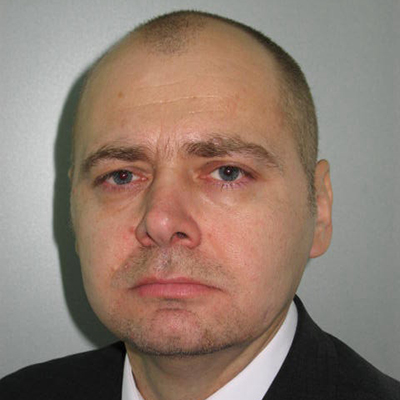
First Secretary of the Embassy of the Slovak Republic in Budapest
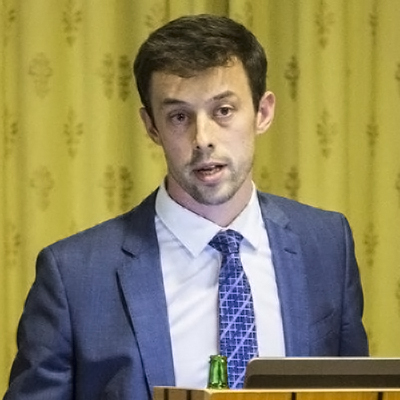
Deputy State Secretary, Ministry of Foreign Affairs and Trade of Hungary
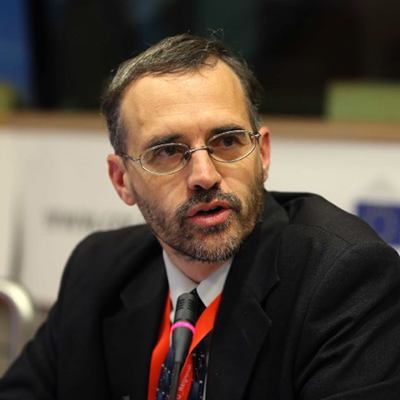
Secretary general, CESCI
The conference will take place on 15 September, from 9.30am to 1pm.
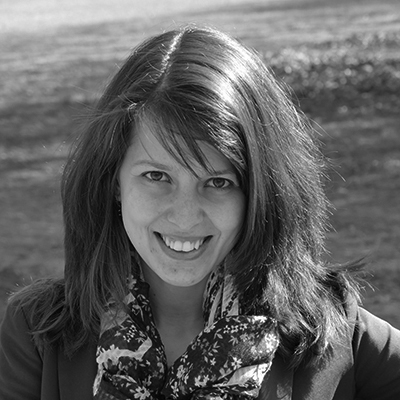
Strategic planner, project manager, CESCI

head of office, national V4 coordinator
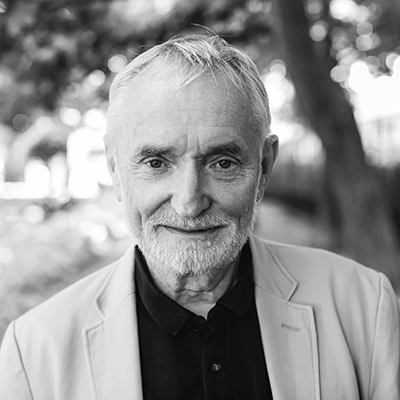
director, International Visegrad Fund
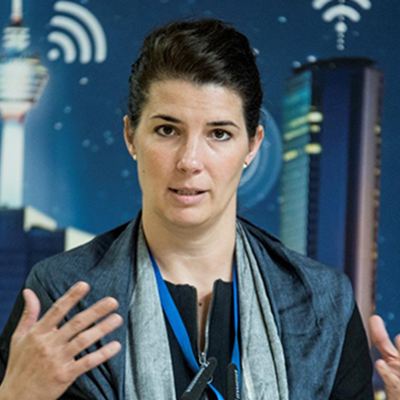
Chief Government Adviser, Ministry of Foreign Affairs and Trade

Secretary General, Association of European Border Regions

General Director, Mission Opérationnelle Transfrontalière
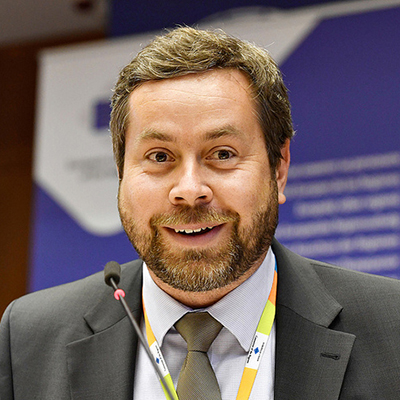
Vice-mayor of Municipality of Rádlo, member of COTER at the Committee of the Regions

Professor, Technical University of Liberec
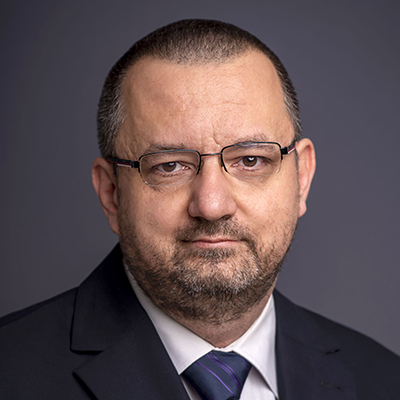
CEO, West-Pannon Nonprofit Ltd.
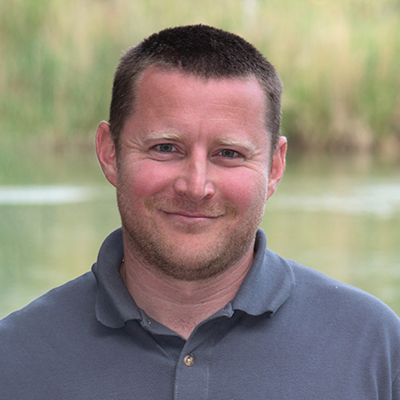
Development Manager, Arrabona EGTC

Director, Ister-Granum EGTC
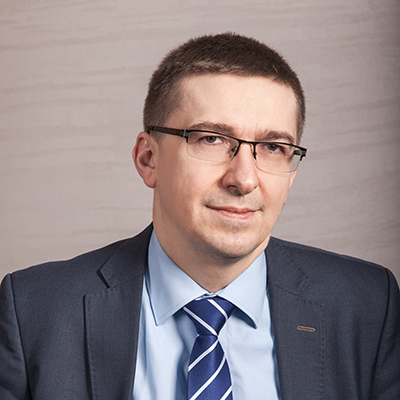
Initiator of Lithuanian-Polish trans-border functional area
The key topic of the forum and the conference to be held on the following day is the management of those legal and administrative obstacles which still hinder cross-border cooperation and mobility between the Visegrad countries. This topic has gained a special accent at EU level since 2016 within the framework of the Cross-Border Review project launched by Ms Corina Creţu, EU Commissioner for Regional Policy; the EC Communication ‘Boosting Growth and Cohesion in EU Border Regions’ and the draft Regulation on a European Cross-Border Mechanism (ECBM) (which finally was not included in the Cohesion Policy package).
The main message of the event is to insist the four governments to make efforts in order to facilitate cross-border mobility between the Visegrad countries, including the recognition of diplomas, the harmonisation of transport and planning rules, the accessibility of health and social services in each other’s country, the facilitation of student and professor exchanges, the retail of local products, etc.
Participants:
Moderator: Mr Gyula Ocskay, Secretary General of CESCI
Greetings: Ms Melinda Benczi, strategic planner of CESCI
The forum will be held on 14 September, from 3pm to 5.30pm.
The conference will take place on 15 September, from 9.30am to 1pm.
Mr Gyula Ocskay, secretary general
+36.20.355.33.85
gyula.ocskay@cesci-net.eu
Ms Melinda Benczi, strategic planner
+36.70.621.05.33
melinda.benczi@cesci-net.eu
Visegrád, Hotel Silvanus, Mátyás Hall
You can follow the Forum online via YouTube streaming on 14 September 2021 from 15:00:
You can follow the Conference online via YouTube streaming on 15 September 2021 from 9:30:
In 2020 CESCI informed firstly Mr Tibor Bial, the Ambassador of the Czech Republic to Budapest on the proposal regarding the legal accessibility mechanism of the Visegrad Countries. He welcomed the idea and he organised a meeting of the ambassadors of the three countries and the Hungarian Ministry of Foreign Affairs and Trade. Due to the pandemic, the meeting could not take place, it had to be postponed.
Within the framework of the current project, CESCI wanted to promote the process through the organisation of a forum and a conference. The two events obtain timely relevance by the adoption of the ECBM Regulation, and the closure of the B-Solutions project, both designed to take place in the second part of 2021, during the Slovenian presidency. The latter one gives an opportunity to withdraw a kind of balance, but it can also provide important lessons for the functioning of the mechanism to be established between the Visegrad countries.
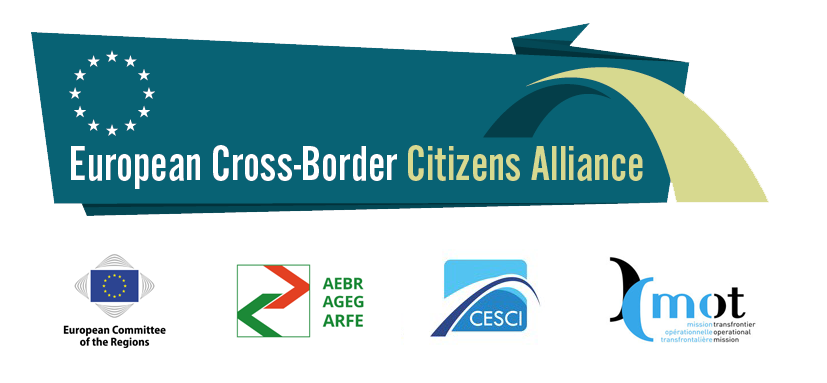
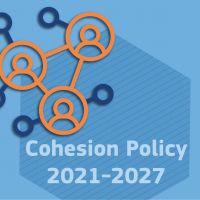
 Report on the „EUSDR PA 10 – Hungarian National Hearing 2021” event
Report on the „EUSDR PA 10 – Hungarian National Hearing 2021” eventThis is a notification that can be used for cookie consent or other important news. It also got a modal window now! Click "learn more" to see it!
OKLearn MoreWe may request cookies to be set on your device. We use cookies to let us know when you visit our websites, how you interact with us, to enrich your user experience, and to customize your relationship with our website.
Click on the different category headings to find out more. You can also change some of your preferences. Note that blocking some types of cookies may impact your experience on our websites and the services we are able to offer.
These cookies are strictly necessary to provide you with services available through our website and to use some of its features.
Because these cookies are strictly necessary to deliver the website, refusing them will have impact how our site functions. You always can block or delete cookies by changing your browser settings and force blocking all cookies on this website. But this will always prompt you to accept/refuse cookies when revisiting our site.
We fully respect if you want to refuse cookies but to avoid asking you again and again kindly allow us to store a cookie for that. You are free to opt out any time or opt in for other cookies to get a better experience. If you refuse cookies we will remove all set cookies in our domain.
We provide you with a list of stored cookies on your computer in our domain so you can check what we stored. Due to security reasons we are not able to show or modify cookies from other domains. You can check these in your browser security settings.
We also use different external services like Google Webfonts, Google Maps, and external Video providers. Since these providers may collect personal data like your IP address we allow you to block them here. Please be aware that this might heavily reduce the functionality and appearance of our site. Changes will take effect once you reload the page.
Google Webfont Settings:
Google Map Settings:
Google reCaptcha Settings:
Vimeo and Youtube video embeds:
You can read about our cookies and privacy settings in detail on our Privacy Policy Page.
Adatvédelem